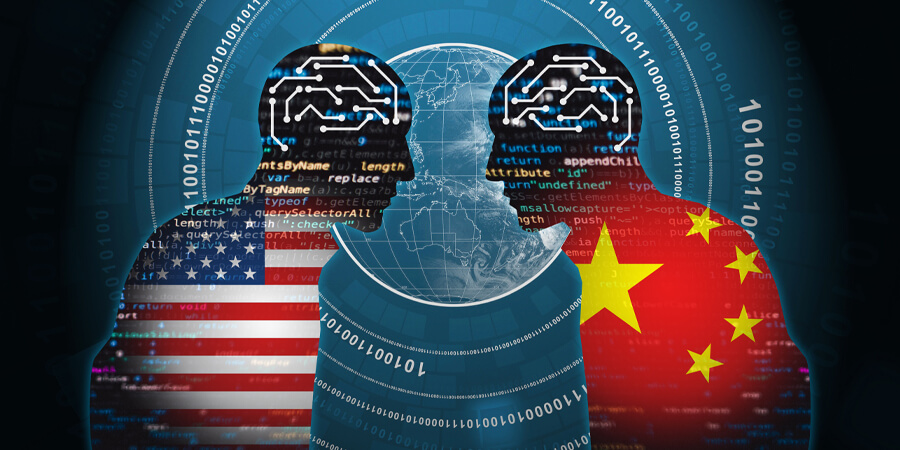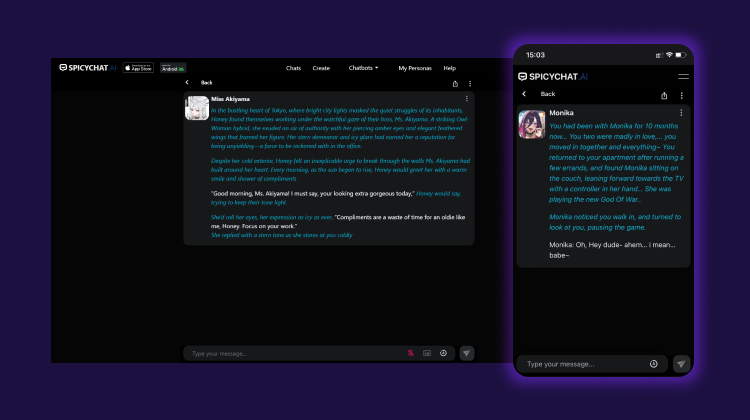AI
China's AI Ambitions: How Chinese Tech Giants Are Competing with the U.S.
12 September 2024
|
Zaker Adham
While global attention on generative artificial intelligence has largely centered on major U.S. companies like OpenAI, Google, and Meta, Chinese tech giants are making significant strides in this field. Over the past 18 months, companies such as Alibaba and Tencent have introduced their own AI models, aiming to leverage the growing interest in this technology.

China's goal to become a global leader in AI adds a new dimension to its technological rivalry with the U.S. Although China has been seen as lagging behind, the competition is intensifying.
Generative AI, which includes applications like OpenAI's ChatGPT, can create text, images, and videos based on user prompts. These applications rely on large AI models trained on vast datasets, such as Google's Gemini. Chinese tech firms must navigate Beijing's stringent regulations on AI models and their applications.
Here’s a look at the major AI models developed by China's leading tech companies:
Baidu: ERNIE
Baidu, a major internet company in China, was one of the first to launch generative AI applications. Its model powers Ernie Bot, an AI chatbot designed to compete with OpenAI's ChatGPT, boasting 300 million users. The latest version, Ernie 4.0, is said to have capabilities comparable to OpenAI's GPT-4, including understanding and reasoning. Baidu offers access to its AI model through its cloud computing division.
Alibaba: Tongyi Qianwen
Alibaba introduced its foundational models, Tongyi Qianwen, last year. Known as Qwen, these models can perform various tasks, from content creation to solving math problems. Some versions can understand audio inputs and provide text outputs. Alibaba has made some Qwen models open-source, allowing developers to download and use them with certain limitations. As of May, over 90,000 enterprise users have deployed Qwen models.
Tencent: Hunyuan
Tencent launched its foundational model, Hunyuan, last year. Accessible through Tencent's cloud computing business, Hunyuan excels in Chinese language processing and logical reasoning. It supports functions like image creation and text recognition. Tencent has positioned Hunyuan for use in industries ranging from gaming to e-commerce. The company also launched an AI chatbot, Yuanbao, based on Hunyuan, which integrates with WeChat to offer unique features.
Huawei: Pangu
Huawei's Pangu AI models take a different approach, targeting specific industries such as government, finance, manufacturing, mining, and meteorology. For instance, the Pangu Meteorology Model can predict typhoon trajectories in about 10 seconds, a task that previously took four to five hours. These models, available through Huawei's cloud computing business, also support generative features like code generation and virtual human avatars.
ByteDance: Doubao
ByteDance, the owner of TikTok, entered the AI race this year with its Doubao model, offering a more affordable option compared to its competitors. Doubao can generate voices and code for developers, among other capabilities.




